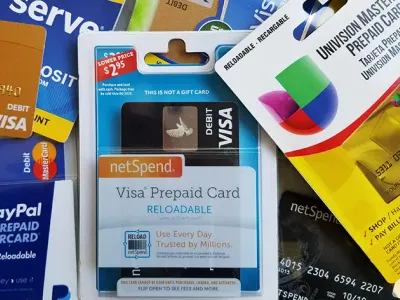Prepaid Card: Pros and Cons
What is a prepaid card?
A prepaid card is a type of bank card that can be reloadable or not (single-use or with a temporary validity). They are a flexible payment method that are mainly characterized by the fact that they allow you to make online purchases with greater security.
Prepaid cards, also known as rechargeable cards or wallet cards, as the word indicates, work by means of a prepayment, that is to say, a recharge of money, to be used later in online purchases or physical stores.
If you are wondering how prepaid cards differ from debit and credit cards, the answer is simple, while when using a debit card the money charges are linked to a bank account, with a prepaid card you can only spend the amount of money that is recharged on the prepaid card, because it works as a purse.
In the case of credit and prepaid cards, when you use the credit card you are obtaining a loan, since you are using money that the bank grants and that must be repaid plus interest. On the other hand, the prepaid card cannot be used if it is not previously charged, so when you buy with a prepaid card you are making use of your savings, and the amount of the purchase will be immediately deducted from the available balance.
Here are the advantages and disadvantages of prepaid cards:
Advantages of prepaid cards
I can only spend the money I decide to load on the card, so it is ideal if we want to limit or control our spending.It is an ideal card for making purchases over the Internet.
You can usually reload the card at an ATM, over the internet or by phone.
You do not need to open and link a bank account.
There are no interest charges, as is the case with credit cards.
You can use it for online purchases, ATM withdrawals or purchases at physical establishments (just like a credit or debit card).
Disadvantages of prepaid cards
They do not contribute to the creation of your credit history.
They usually have a higher cost than a debit card.
They do not offer offers or promotions on purchases.


